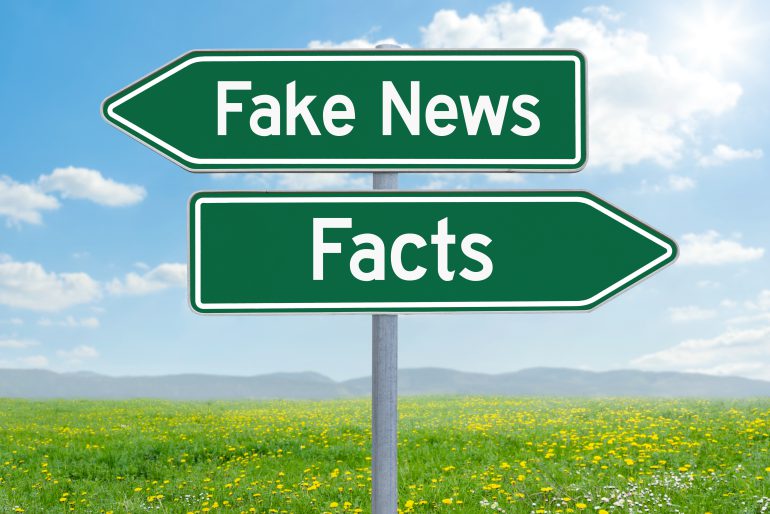‘Fake news’ is a term that has become so ubiquitous in political discourse it now induces the eye-rolling normally reserved for centuries-old cliches. There was even a short-lived comedy panel-show in the UK called The Fake News Show. However, the problem of fake news or misinformation is creating a fractured social discourse, fostering divisive political and personal interactions in the Netherlands and across the globe.
Misinformation is not a purely 21st-century phenomenon. Ordinary people, news sources and governments have always intentionally lied at certain points in history. Of course, the central difference between now and any other historical point, is the omnipresent use of social media, and the hyperactive, algorithmic, individualised information universe it creates for us.
The Dutch government, alongside general EU policy directives, is creating initiatives in an attempt to counter the effects of disinformation across Dutch society. According to research by the Reuters Institute, 37% of the Dutch public use social media as their central source of news. This means that a third of the Dutch population are receiving their news via platforms such as Facebook without any editorial firewall between them and the stories they read.
It is well-documented that social media or online sites such as Facebook, Twitter or YouTube present their users with content driven by their previous viewing choices. So if you were a consumer that mostly clicked on stories published by NOS, then the algorithm will present you with similar content from comparable sources.
However, should a user begin to click on stories from less reputable news providers or those with a conspiratorial angle, the algorithm will begin to present similar stories, and the more you click, the more dangerous the misinformation presented. Research by the Institute for Strategic Dialogue – a UK based counter-extremism group – found that Facebook’s algorithm would readily recommend Holocaust denial material to users. The New York Times also conducted an investigation that showed how YouTube’s recommendation service can lead a user from standard conservative content to outright racist material.
It is with this backdrop, and that of Covid- and 5G-based social unrest that has plagued the Netherlands for the last three years, that the Dutch government is setting out its policy initiatives to combat disinformation. Children at some schools are already learning digital skills directly related to understanding fake news, including how to search the internet intelligently and understand the online information they encounter. Games company DROG has created a video game that tests players’ skills at spotting misinformation.
The government would like to extend this education to the wider public to improve the media literacy of society generally. Every year, Dutch municipalities will receive £60 million to fund digital skills workshops for those who struggle with all aspects of digital literacy. This includes consultation sessions, where members of the public spend time with media coaches to improve their information literacy, and learn skills to understand how misinformation manifests in a digital context.
Alongside this, the Ministry of the Interior and Kingdom Relations has published a range of material online to help people understand this problem. This includes basic explainers on how algorithms function, motivations for why a person or organisation would post disinformation and the different types you might encounter, whether that be deepfake videos or intentionally misleading articles.
Prime Minister Mark Rutte hopes that these initiatives will help people to autonomously spot and reject the fake news they see. Rutte himself has been subject to numerous fake news stories, the most serious of which was a viral screenshot of a false news article from American broadcaster CBS stating he had declared a national state of emergency. This was untrue, and those with sufficient media literacy would have understood that.
However, until social media companies face actual repercussions for allowing disinformation on their platforms, they will continue to host it. Press freedom activists Reporters without Borders have filed a lawsuit against Facebook for ‘deceptive consumer practices…and allowing disinformation and hate speech to flourish on its network.’ If the suit wins, Facebook will not be required to make any long-term changes to their system, but will face a fine of up to $8.6 billion dollars – a hefty sum considering its profit in 2021 was $46 billion.
Written by James Turrell
